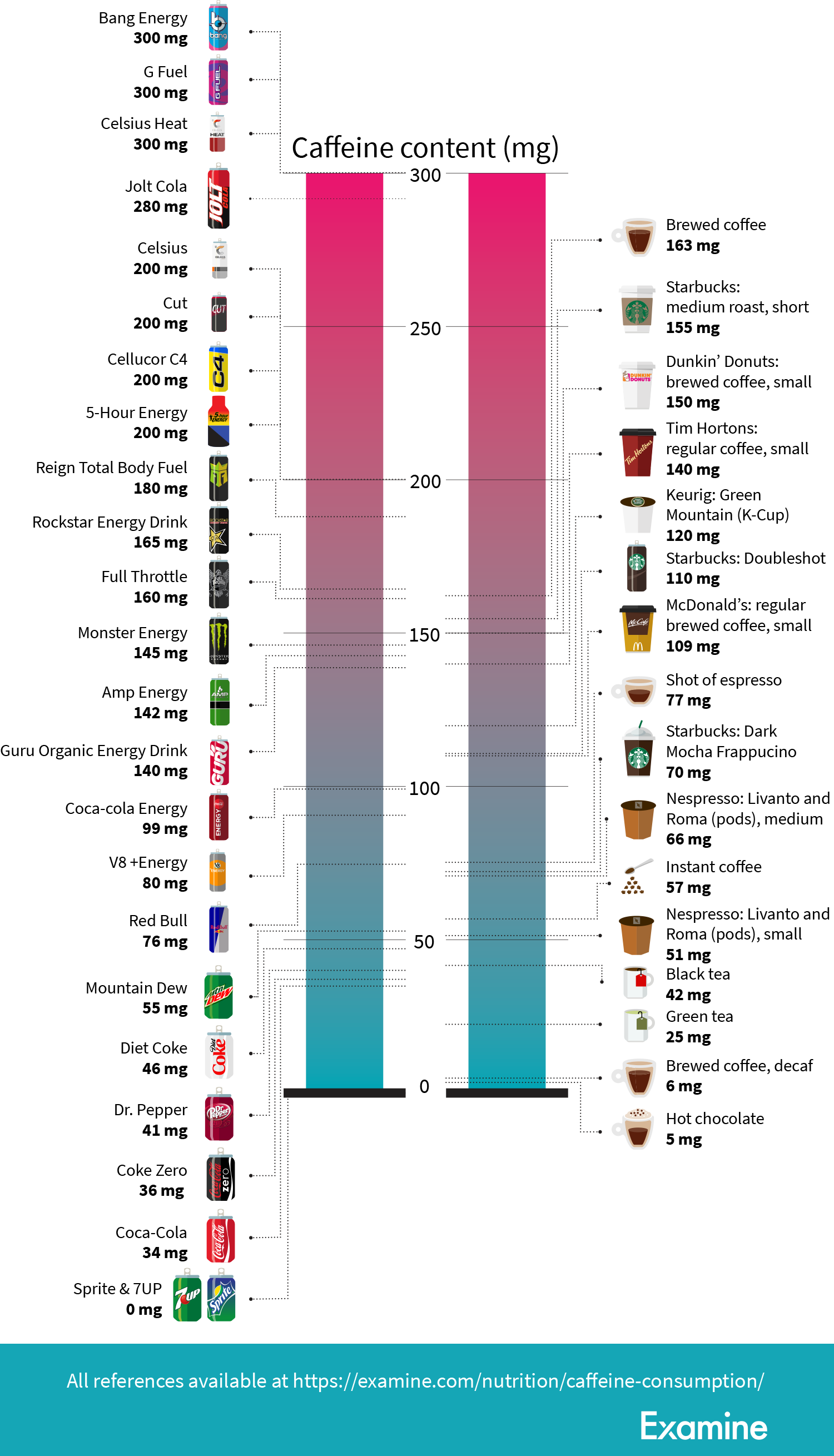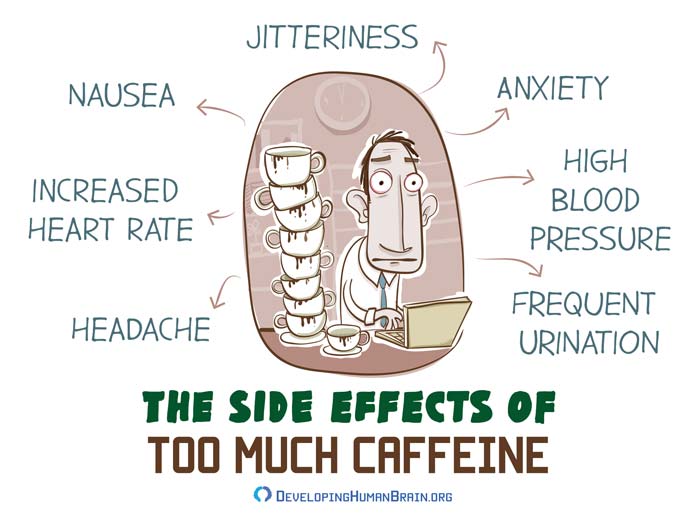
If it’s not a regular part of your routine, then you might be more sensitive to its effects. Ultimately, your reaction to caffeine may even be determined by how much caffeine you’re used to drinking. That’s why it’s hard to assign an exact amount for everyone because people can react to caffeine based on their age and medical background.

Some people might be more sensitive to caffeine than other people. Just like caffeine amounts vary in beverages, people’s reactions vary when it comes to caffeine as well. When we follow up the morning coffee with a caffeinated beverage or two and then drink a few more cups of coffee throughout the day, we hit a whole new level of caffeine consumption. Due to the high levels of antioxidants and nutrients, coffee is a healthy addition to your day. Studies show that coffee drinkers enjoy several health benefits like improving brain function, burning fat and even keeping serious diseases away.īut hold the (coffee) press for just a second. It’s just too easy to leave the computer for a hot second and make a quick cup of your favorite brew to get you through the next meeting.Īctually, reaching for that favorite mug may do more than just offer us a jolt of intense flavor each day. Whether we’re heading to the office or WFHers, daily doses of caffeine keep us alert, improve our concentration, boost our energy and simply make us feel good about having to roll out of bed and start the day. Caffeine also disrupts sleep by antagonising the brain’s A1 receptor, which has an important role in helping people sleep, and this can explain why caffeine makes people feel more alert while increasing their risk of insomnia.Do you rely on a couple cups of coffee to start your day out right and keep you moving? If so, you are like millions of other people out there. Caffeine antagonises the brain’s A1 and A2 adenosine receptors, explaining its effects on the body’s motor activity, such as boosting exercising activity or increasing physical agitation. Drinking coffee and other caffeinated products has significant effects on the brain and body because caffeine interacts with the dopamine system. Caffeine is highly addictive because it activates reward-orientated mechanisms within the brain, giving people unpleasant withdrawal symptoms such as headaches or brain “fog” when they stop or reduce it. The psychoactive effects of caffeine are similar to some of the effects of stimulant drugs such as amphetamines or cocaine. Further longitudinal research is needed to explore whether people who consume a high amount of caffeine are at greater risk of psychosis.Ĭaffeine is clinically classed as a drug because it has significant effects on the brain and body. The patient was also experiencing delusions of reference (a type of delusion involving thinking that trivial or innocuous things have great personal significance or meaning) by being preoccupied with the number 33. The patient sought help because of hallucinations that involved seeing things that were not there and having paranoia about being followed. Another clinical case study reported a patient who had been drinking several cups of coffee and energy drinks each day.


The patient’s psychotic symptoms subsided naturally after reducing caffeine consumption for 7 weeks without taking any anti-psychotic medicine.

One study described a patient who started suffering from paranoia and delusions after consuming a large amount of caffeine. Clinical case studies suggest that caffeine can induce psychosis in otherwise healthy people.


 0 kommentar(er)
0 kommentar(er)
